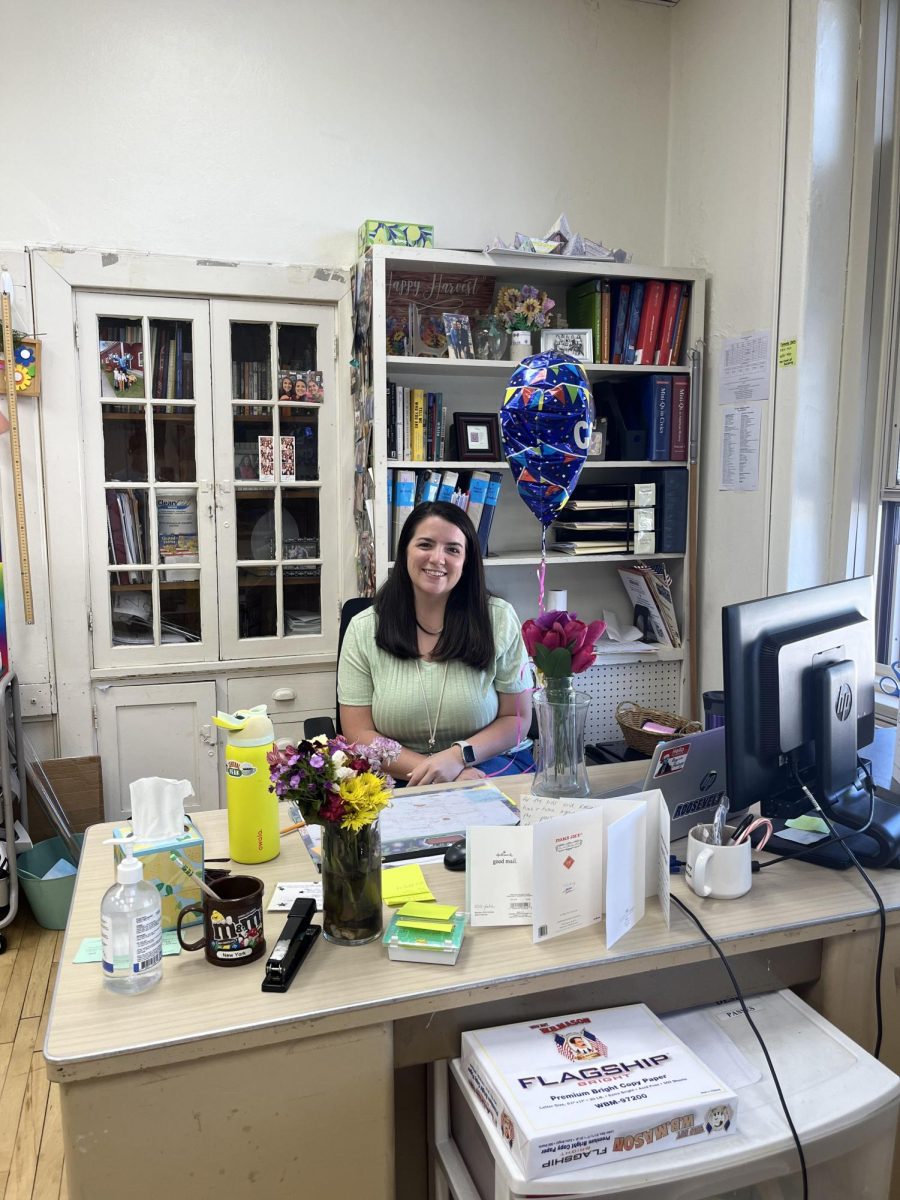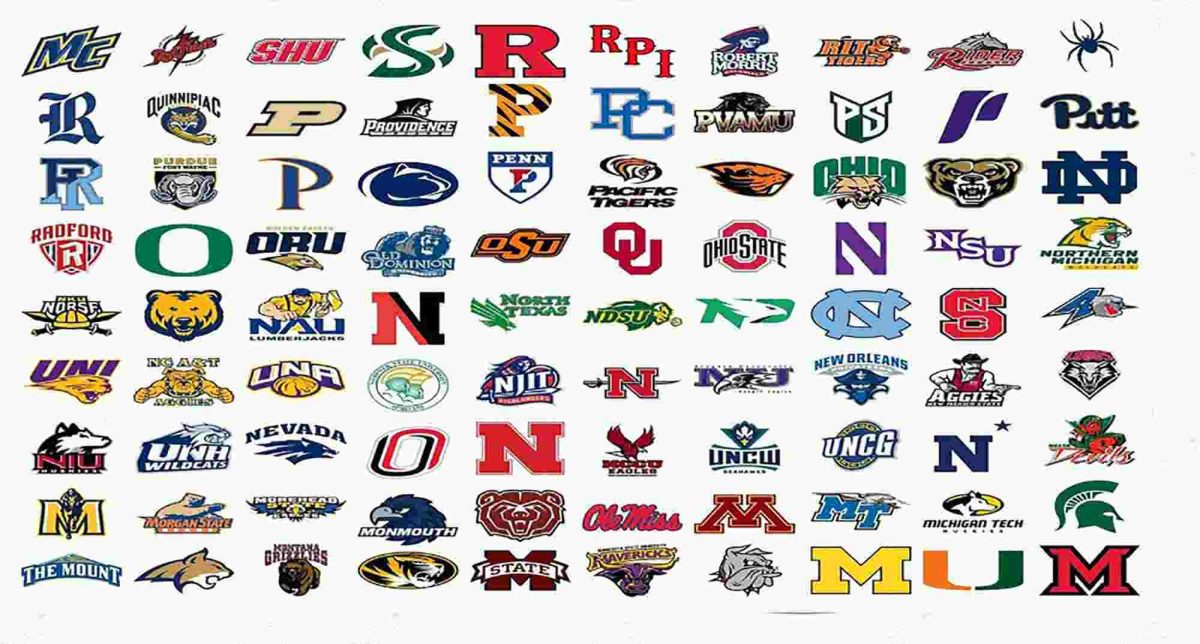The word “perfect” is defined as having all the required or desirable elements, qualities, or characteristics; as good as it is possible to be. As a teenager in middle school, students might define being perfect as having the most friends or even being the most popular person in school, which is why so many are curious about one thing. Why do they care so much?
Transitioning from elementary to middle school is one of the hardest things students deal with, as well as advancing from middle to high school. Friends can change, clothing styles change, and even personalities can change.
When discussing friendships, 8th-grade counselor Mrs. Pentangelo explained, “You have to put yourself out there. It might be the hardest thing to do, and so many people are terrified of rejection while making new friends. Being brave and being able to ask ‘Can I sit here?’ is something kids have to do.”
This tip is a helpful start but more students worry too much about acceptance. They think being rejected for who the student is can be a major idea that prevents any teen from coming out of their shells and meeting new people.
“Being accepted in a group is a big worry most kids have when they try to get things to make them fit in,” says Sydney Man, 8th grade.
Struggling to be accepted can cause students to think that they need to buy items to help them fit in and lift their popularity or status. Sometimes this can help boost their confidence but sometimes it can also cause them to hide who they want to be.
A plethora of students worldwide tend to spend a lot of money to fit in. A study by Marketing Charts shows that 28% of students buy items or clothing to fit in because people around them influence them too.
This struggle to get all the big and trending pieces of fashion can be hard and limit a teen from gaining that big “friend group” they dream about.
According to Pewresearch.org, about 78% out of 98% of teens have a small group of friends while only 20% believe they are in a bigger group. This information reveals that even though having so many friends and being so popular might seem like the dream for kids in school, it is more relatable that kids only have so few friends. This can be beneficial when protecting toxic people from one’s life.
“So many kids care about the quantity or number of friends you have when in reality I would much rather prefer having only those three good friends who don’t say bad things about each other than such a big group of kids who do,” Mrs. Pentangelo adds.
Being in a friend group can help with your social status but eighth-grader Abby Makley believes that talking to more than just the people within your group can help too.
“Just because you are in a friend group doesn’t mean you are not allowed to have friends outside of a friend group,” she said.
To help her achieve this goal Abby believes that being funny and talking can help expand your friends. “Honestly just talking to someone in class can help you make friends.”Another tip that Mrs. Trottere, another RIS counselor, believes is beneficial when it comes to expanding a student’s social skills might be finding people outside of your aesthetic: “Instead of being able to find those friends who share the same interest as you, it can also be good to find friends who aren’t the same as you.”
Making friends that don’t share the same interests as you can help keep the friendship entertaining.
Expanding to different kinds of friends can be beneficial when building a character that becomes social. In an article on teenvouge.com, it was found that only 1% of friendships formed in middle school are still intact by the 12th grade. This shows that finding that core group now might not be the best idea and branching out to having friends in different places can help to make friends throughout high school.
Mrs Pentagelo agrees: “As you get older, kids will end up shifting friends so much that these groups and statuses don’t matter.”
Keeping this habit of making friends easily and not caring about who you are friends with can come in handy when you reach high school. As students mature, their brains will continue to develop and they might realize their friends now are not ones they want to keep in later life which can also cause that shift of friends.
Roosevelt alumni, Jack Carroll is now a freshman and has had some experience when it comes to the shift of friends.
“There have been some changes in my friends because some friends have wanted to go into different friend groups to make them look good but the friends that stay with you throughout your educational career should be called your true friends.”
“If you want more friends and good ones, just be confident and try to make friends from old ones without losing a relationship with your friends that have been the since the beginning.”
According to Truity.com many adolescents and younger age groups tend to engage differently with certain people. One surrounding with friends could be loud, fun, and fearless but another group can be the complete opposite.
As students advance into their later years of education, they might struggle to adapt to the journey’s social aspect. Students find that instead of just trying to find one good friend they need to be friends with as many people in the school as possible. However, sometimes not caring should be the biggest care of them all.


















